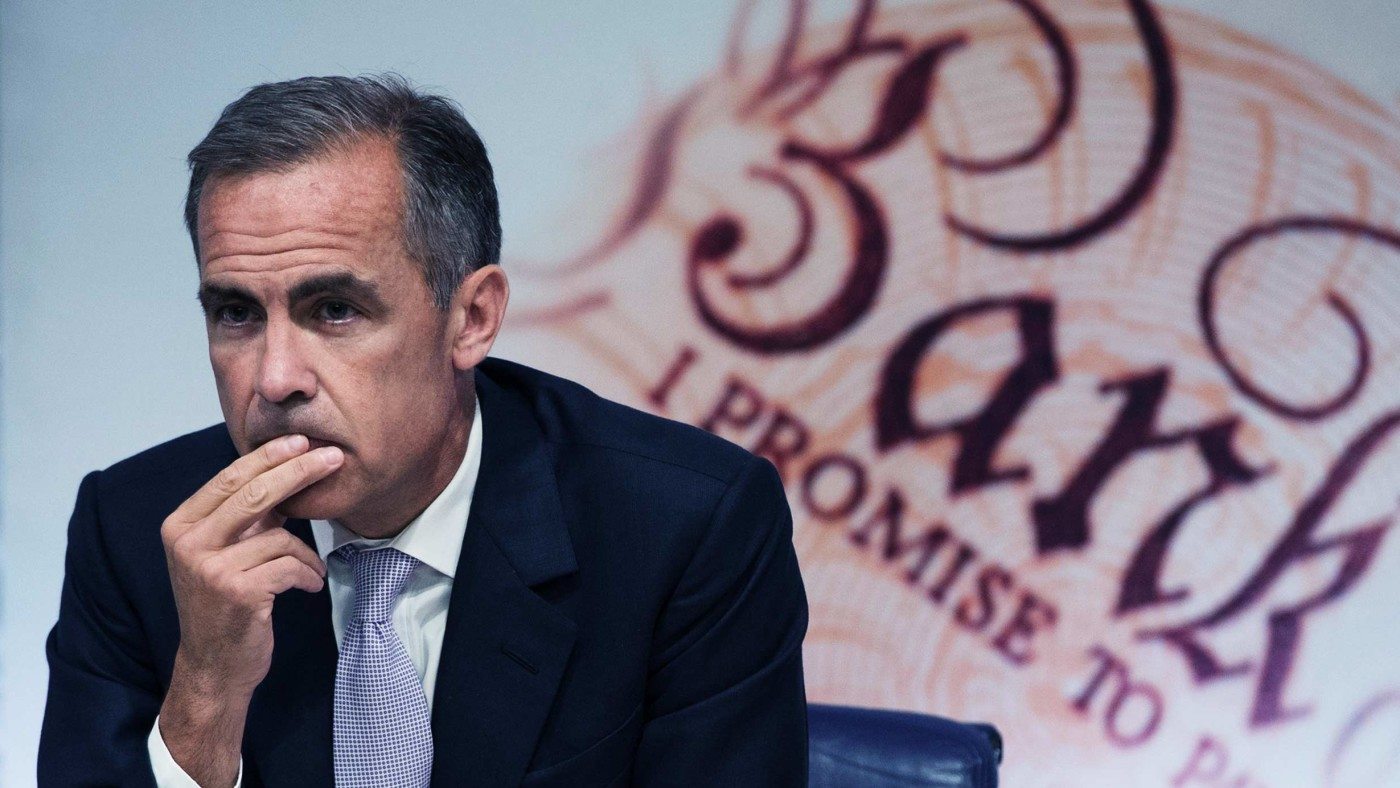The paper which “applies a free market approach to monetary theory to critically assess recent UK monetary policy” was published by the Adam Smith Institute today.
In particular, it advocates reforms that allow:
i) Punitive but open access market operations (OMO)
ii) A NGDP average growth target of 2%, and
iii) Free banking.
Although each of these proposals is progressively less feasible (both politically and technically), Evans argues that they are progressively more desirable. He also doesn’t see them as separate issues or ones that would need to be traded-off against each other, but as proposals that would lead into each other. Therefore, the monograph is hailed by the Adam Smith Institute as being useful for not only proposing an in-depth argument for free banking but for doing the rare thing of providing a guide on how to transition from ‘here’ to ‘there’.
Professor Evans starts from the viewpoint that “failed conventional wisdom…takes central banking and Keynesian economics for granted, but fails to see that these are not the solutions to our current economic malaise, but are actually its root causes”.
It is therefore essentially a comprehensive critique of the way the Bank of England currently conducts monetary policy.
He argues that QE should be extended to the market generally rather than remaining an interaction with a few preferred dealers. This would minimise market distortions by letting the market determine how much of that nominal GDP is real output and how much is inflation. Evans also states that and the Bank should prefer a rules-based system to a discretionary system (like the one it currently uses) out of principle but, obviously, QE should only be a temporary measure and the Bank should ultimately look toward ending monetary intervention altogether.
The paper proposes to move to a Nominal Gross Domestic Product (NGDP) average growth target of 2% as a replacement for the current policy that ostensibly aims for a 2% inflation target, but is critiqued for merely serving as a smokescreen for “unbridled monetary policy discretion, i.e., no monetary policy rule at all”.
The paper takes inspiration from the free banking systems of the 19th century, especially those in Switzerland and Scotland, but also from the monetary economics of Nobel Prizewinners Milton Friedman and Friedrich Hayek.
Evans concludes by painting free banking as the ultimate goal, as “after a century of failure” it may be time to strip central banks of their powers over monetary policy entirely, and let private banks issue their own notes. Whilst he provides well-researched arguments, he faces the problem that his strongest case for free banking is that it would have made the Global Financial Crisis impossible, something that will forever remain hypothetical.


